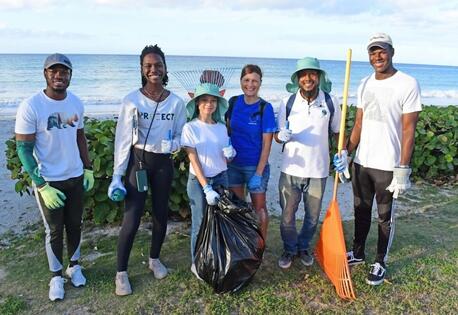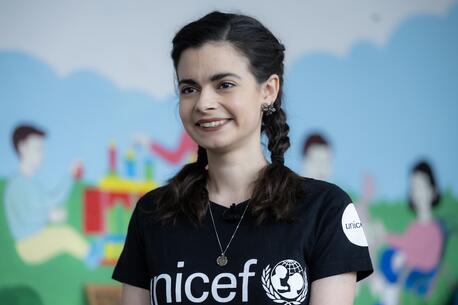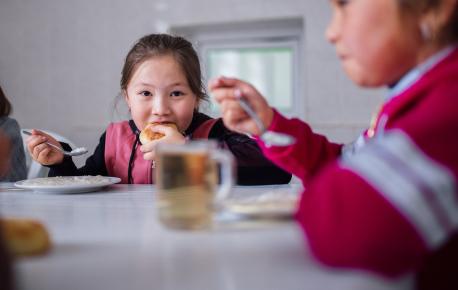
UNICEF Reports: Over 39 Billion Meals Missed Since Schools Shut Down
Kids have been missing more than classroom instruction during the COVID-19 pandemic. With schools closed, many are also missing out on their main source of nutrition: the school meal. A new report makes the case for prioritizing schools for reopening and restoring these critical services.
Children have been suffering some of the worst effects of COVID-19 and the pandemic response since the beginning. Now a new report provides startling new evidence that the act of closing schools has jeopardized more than learning. It has also meant that millions of kids have gone hungry.
Some 370 million children worldwide have missed an average of 40 percent of their in-school meals since COVID-19 restrictions prompted the closures, according to COVID-19: Missing More Than a Classroom, a report from the UNICEF Office of Research – Innocenti and the World Food Program (WFP).
For many kids living in poor and otherwise vulnerable communities, that school meal is the only nutritious food they receive all day
“Missing out on nutritious school meals is jeopardizing the futures of millions of the world’s poorest children," WFP Executive Director David Beasley said. “We must support governments to safely reopen schools and start feeding these children again."
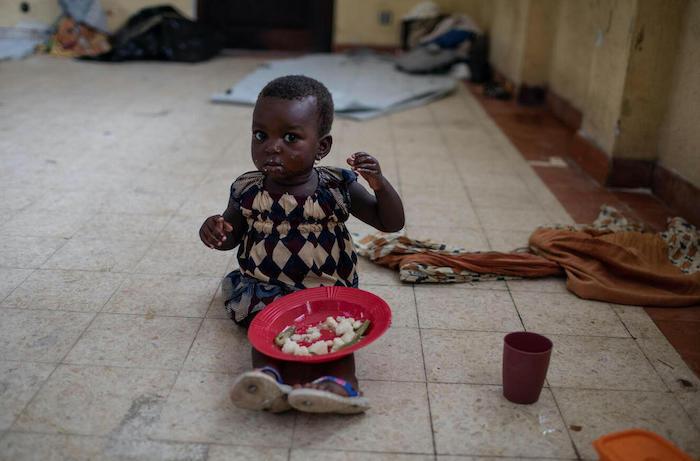
Above, a young girl from Nharrime, Mozambique, receives food while sheltering at a school in Beira as Cyclone Eloise rips through the area, destroying homes, critical infrastructure and farmland. Food insecurity — often exacerbated in areas affected by conflict, natural disasters and other crises — was already an issue for hundreds of millions of children and families around the world before the start of the current global pandemic, and COVID-19 has only made things worse. © UNICEF/UN0405562/Franco
In 2019, the UNICEF-WFP report points out, 135 million people in 55 countries were already facing acute food insecurity, while another 2 billion people did not have regular access to sufficient amounts of safe, nutritious food. COVID-19 has only exacerbated these hardships, putting an additional 121 million people worldwide at risk.
Close to a quarter of the 1.6 billion students affected by school closures worldwide have missed out on school meals — over 39 billion meals missed in total.
That's not all. The pandemic has hurt coverage of other nutrition programs in low- and middle-income countries, including the distribution of micronutrients as a dietary supplement and treatment for severe malnutrition in children. During nationwide lockdowns in some countries, all school feeding programs were cancelled.
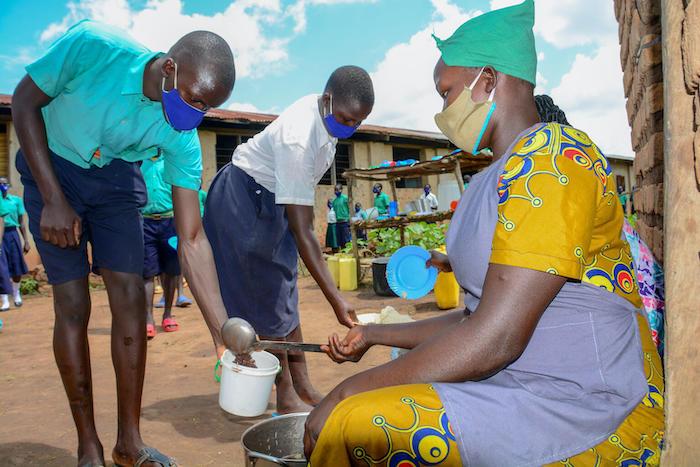
Children who attend Abongodic Primary School, in Balla subcounty, Kole District, Uganda, are served food as part of a development initiative supported by UNICEF and partners. School authorities introduced the program to boost student performance. © UNICEF/UN0368301/Emorut
Schools meals are not only vital in ensuring children’s nutrition, growth and development, they also provide a strong incentive for children — especially girls and those from the poorest and most marginalized communities — to return to school once restrictions are lifted, the report points out.
The longer children are out of the classroom, the greater the risk that they will drop out altogether. At least 24 million schoolchildren are already projected to drop out of school due to the pandemic, reversing decades of global progress on school enrollment. Keeping girls in school helps combat child marriage and other forms of exploitation.
UNICEF and WFP, in highlighting the findings of their January report, are urging governments to prioritize the reopening of schools — the impact on child hunger and nutrition being key factors, among others.
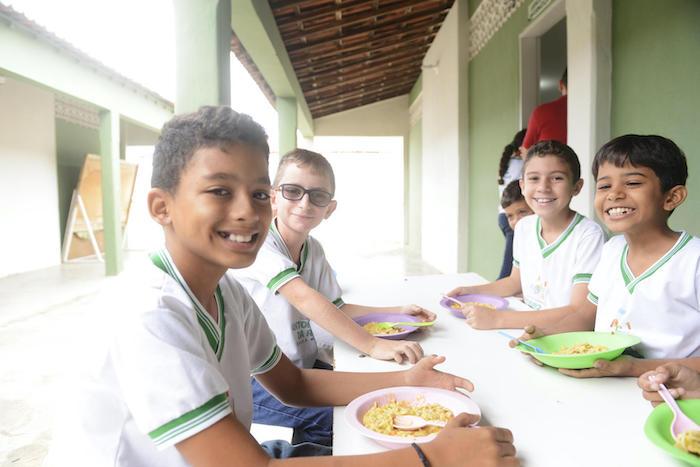
In Major Sales, in the state of Rio Grande do Norte, Brazil, all municipal schools share the same plan and logistics for feeding children, so that no one is left without a meal. © UNICEF/UNI206767/Duas Estúdio
As UNICEF Executive Director Henrietta Fore noted in a recent statement: "Without school meals, children are left hungry and their nutrition is worsening. Without daily interactions with their peers and a reduction in mobility, they are losing physical fitness and showing signs of mental distress. Without the safety net that school often provides, they are more vulnerable to abuse, child marriage and child labor. That’s why closing schools must be a measure of last resort, after all other options have been considered."
If closing schools in a particular locality is deemed necessary because of high levels of community transmission, then safeguarding measures must be put in place, Fore added. "This includes ensuring that children who are at risk of violence in their homes, who are reliant upon school meals and whose parents are essential workers are able to continue their education in their classrooms."
UNICEF makes the case for reopening schools as a top priority post-lockdown
When there are lockdowns, Fore continued, "schools must be among the first to reopen once authorities start lifting restrictions, and catch-up classes should be prioritized to ensure that children who have been unable to learn remotely are not left behind.
"If children are faced with another year of school closures," Fore said, "the effects will be felt for generations to come.”
Even before COVID-19 shut down schools in over 188 countries, affecting 1.6 billion students, 1 in 5 children were out of school. UNICEF keeps kids learning by helping schools reopen safely and developing educational solutions for those studying from home. Help UNICEF give vulnerable children a chance at a brighter future.
Top photo: Nurel, 7, a primary school student, eats a healthy lunch prepared by a cook at Shabdan Baatyr school near Shabdan village, Chon Kemin valley, Kyrgyzstan. © UNICEF/UNI212826/Zhanibekov
